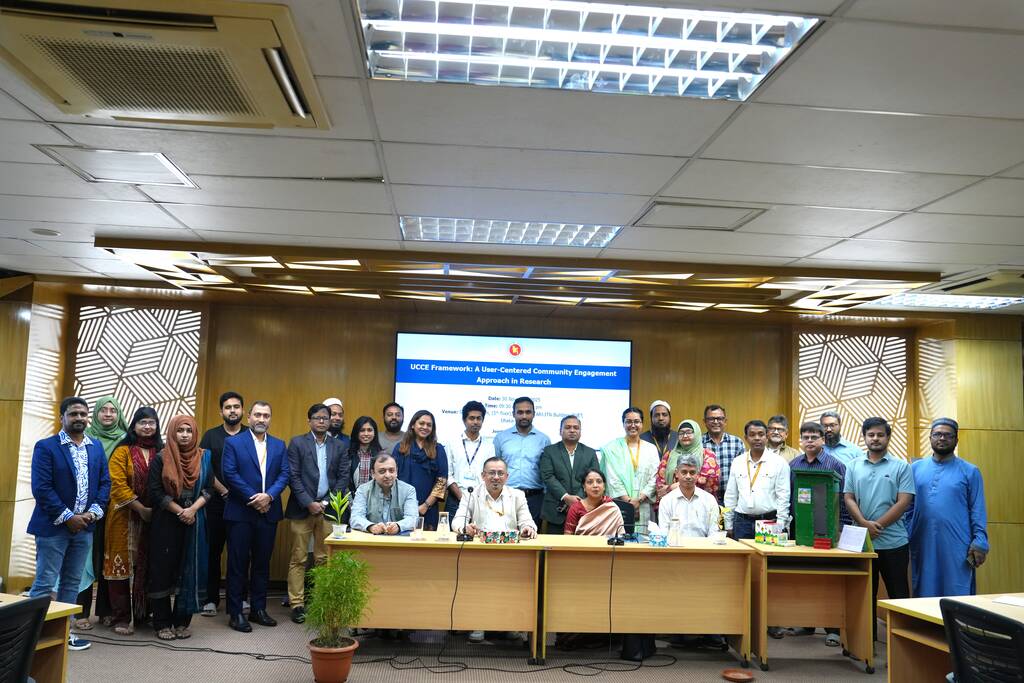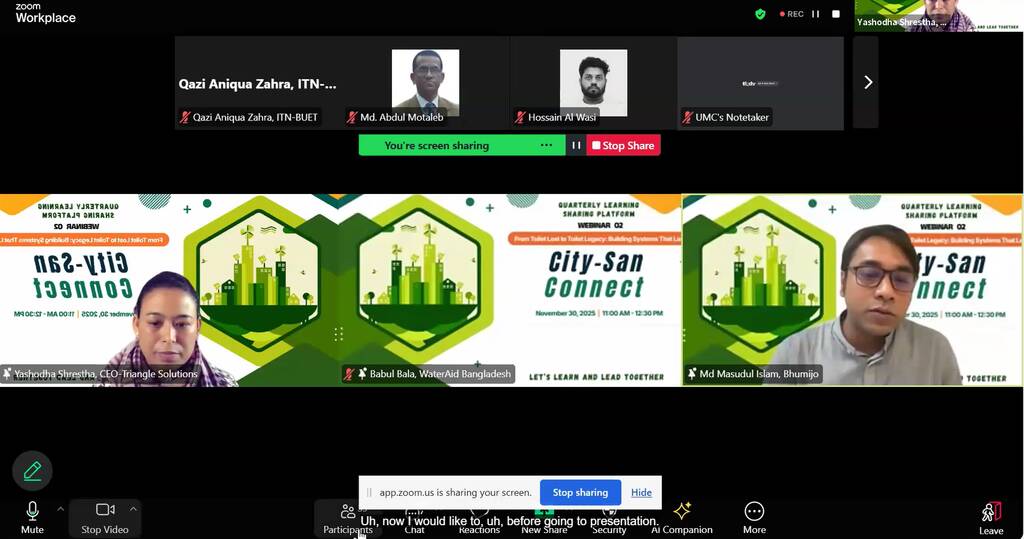Urban areas in Bangladesh primarily rely on non-sewered systems for faecal sludge management (FSM), presenting significant challenges in sanitation. To address these issues, several faecal sludge treatment plants (FSTPs) are currently operational, with more under construction across the country. Enhancing the capacity of professionals involved in FSM is crucial for meeting government standards for disposal, which include testing the quality of biosolids and treated effluents.
To support this goal, ITN-BUET, in collaboration with the Centre for Science and Environment (CSE) of India, organised an advanced hands-on laboratory training on biosolid characterisation. The training took place from 22 to 26 April 2024, at the Environment Monitoring Laboratory (EML) of the Anil Agarwal Environment Training Institute (AAETI) in Rajasthan, India.
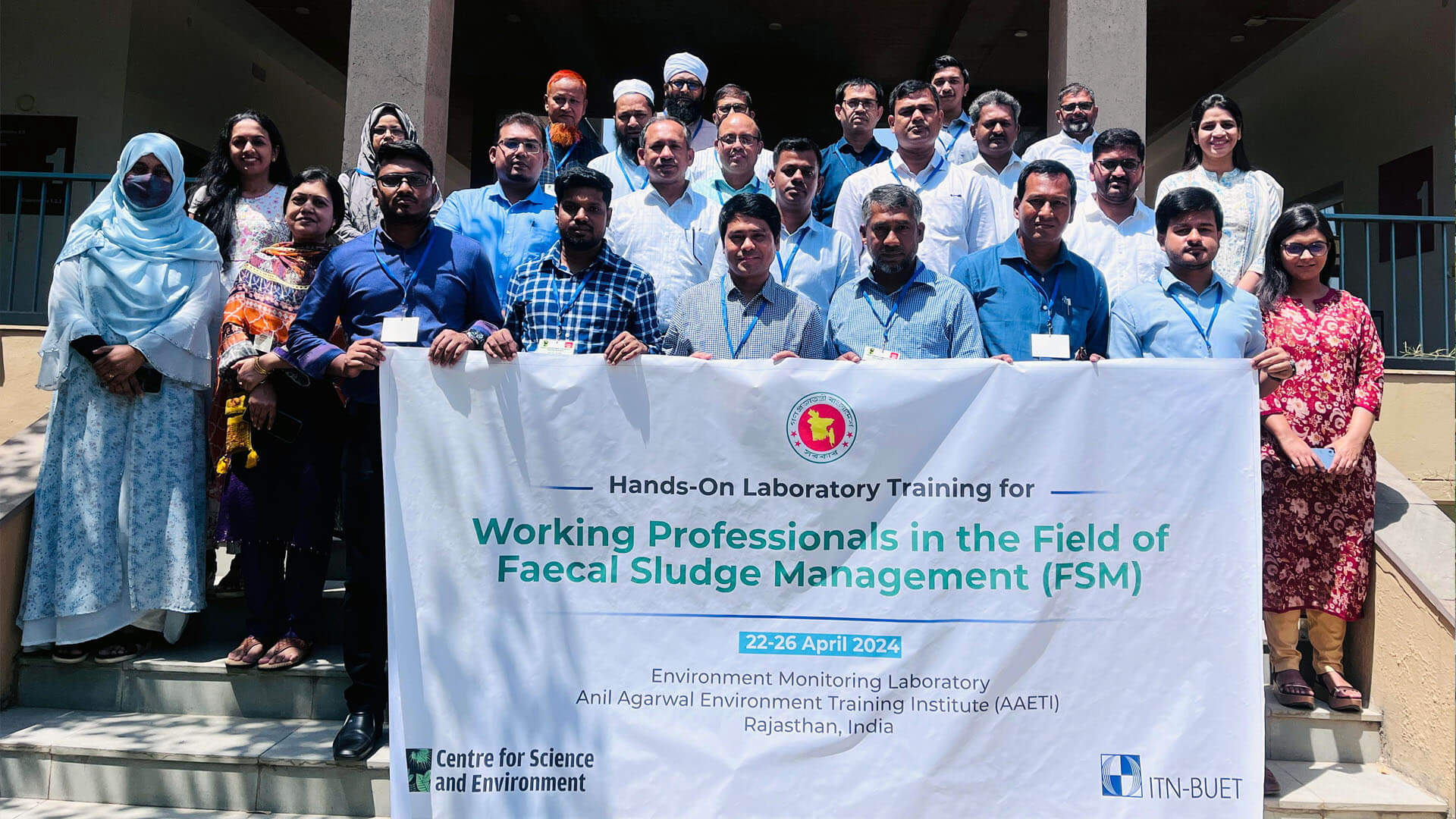
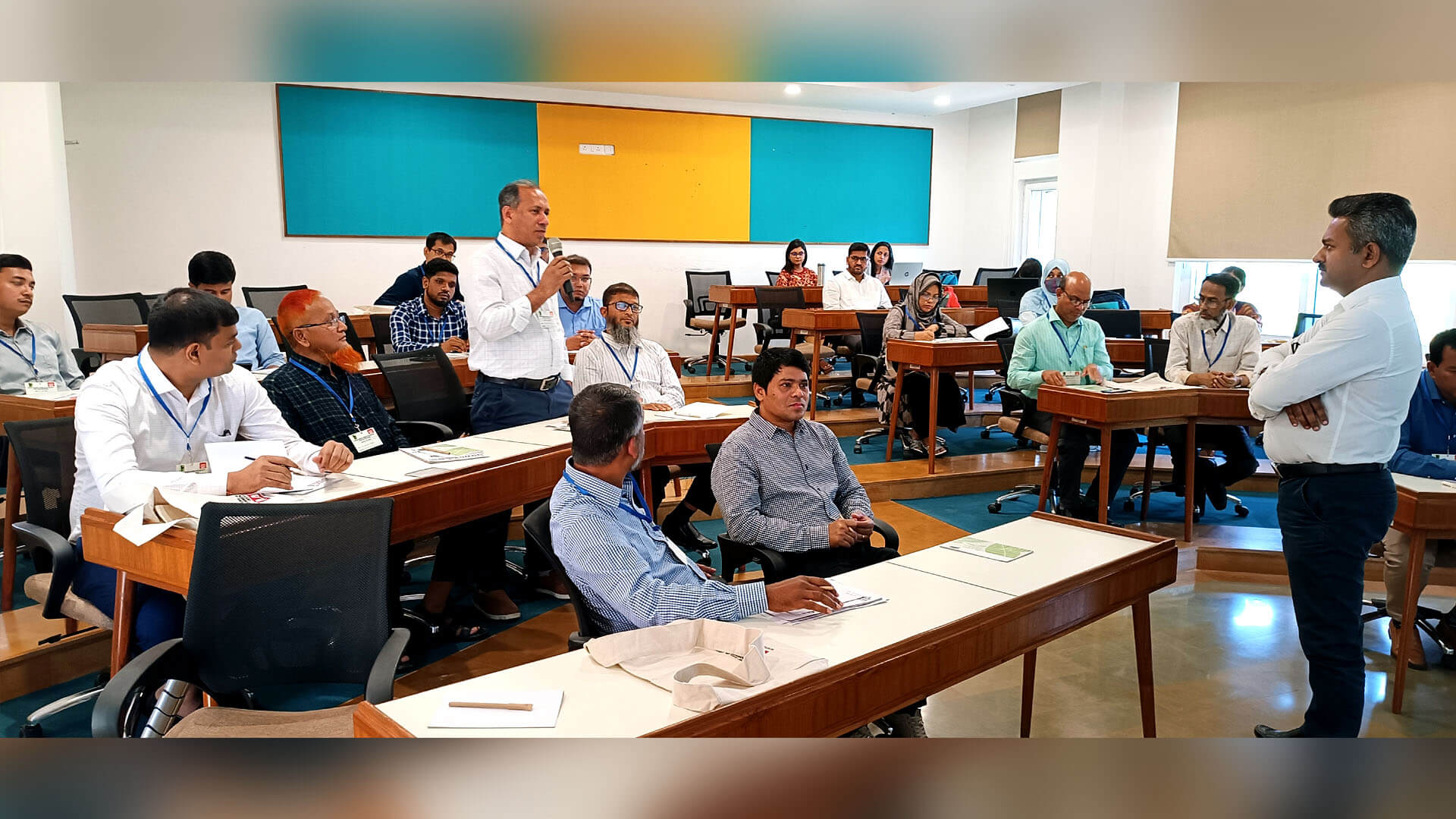
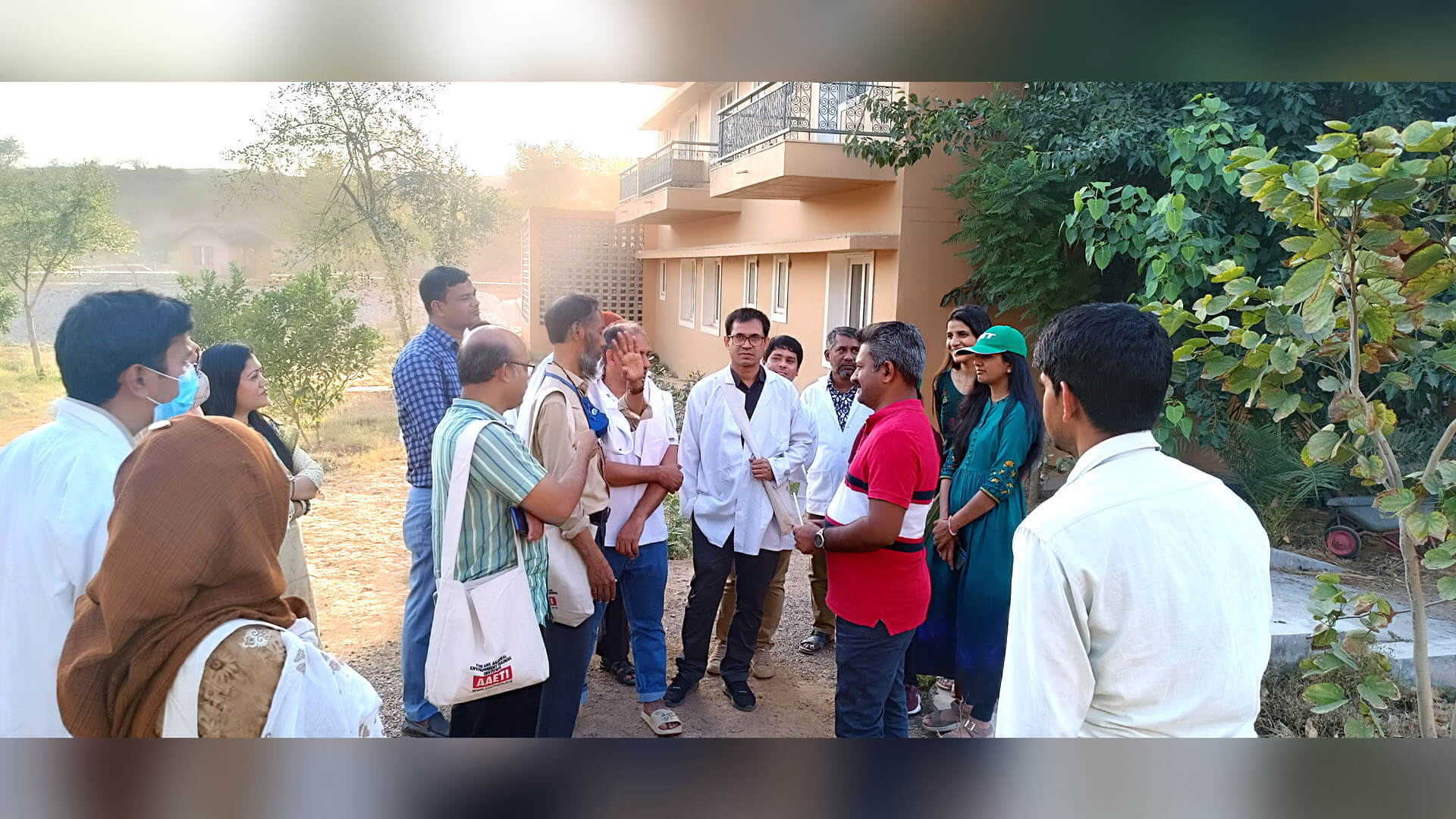
Twenty-one Bangladeshi professionals, including three women, from technical universities, government agencies, and NGOs participated in the five-day training. The participants included environmental engineers, chemists, microbiologists, teachers, and researchers. The training combined classroom lectures with hands-on laboratory work, focusing on biosolid characterisation and the identification of physicochemical parameters, heavy metals, nutrients, and microorganisms. It was led by Dr Vinod Vijayan, Deputy Lab Head of EML, along with a team of scientists.
Following the training, participants toured the AAETI campus to observe various nature-based solutions implemented by CSE, making the campus water-sensitive and green. At the closing ceremony, Dr Kalyana Chakravarthy Sama, Senior Scientist at AAETI, awarded training completion certificates to the participants.
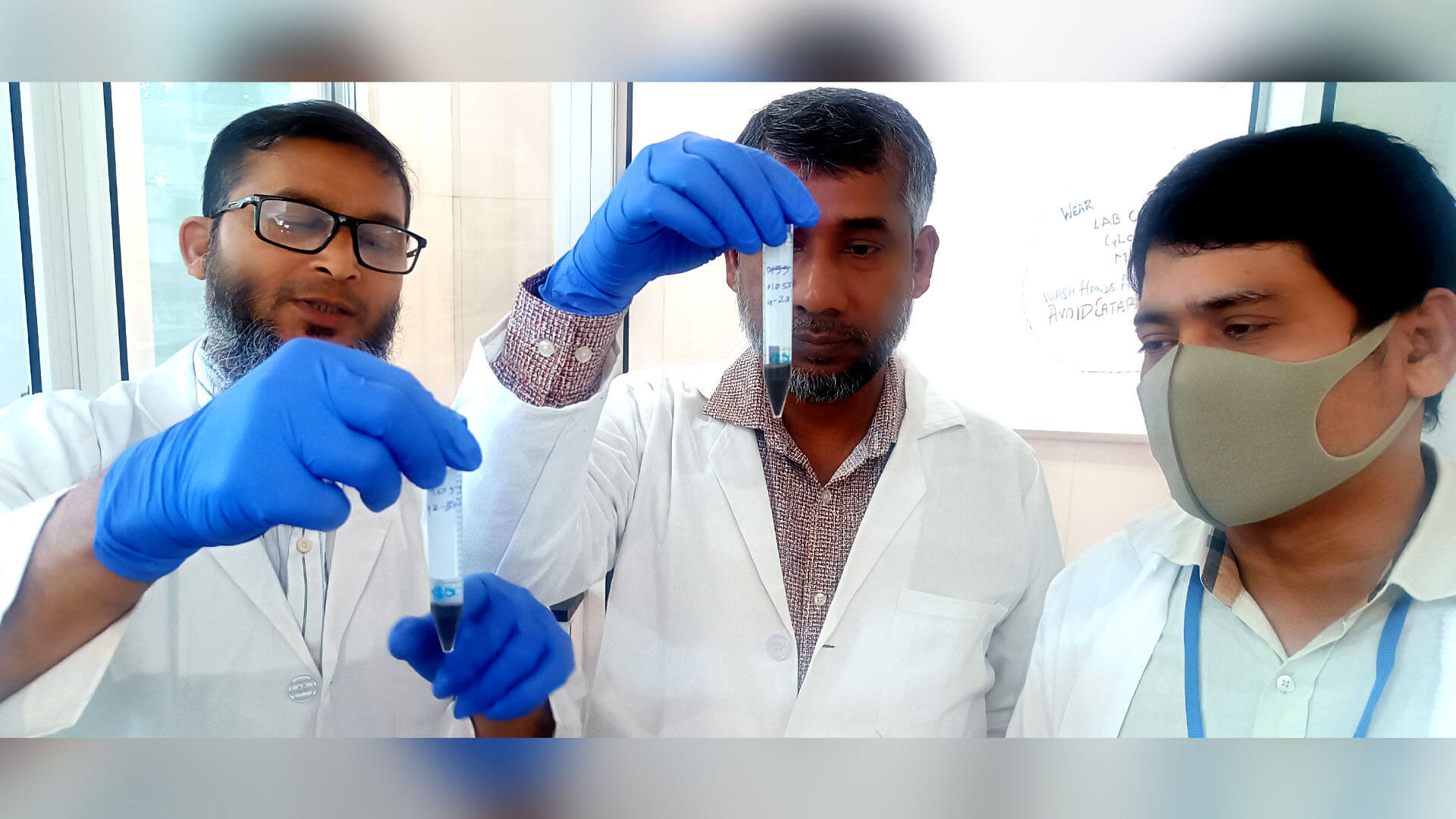
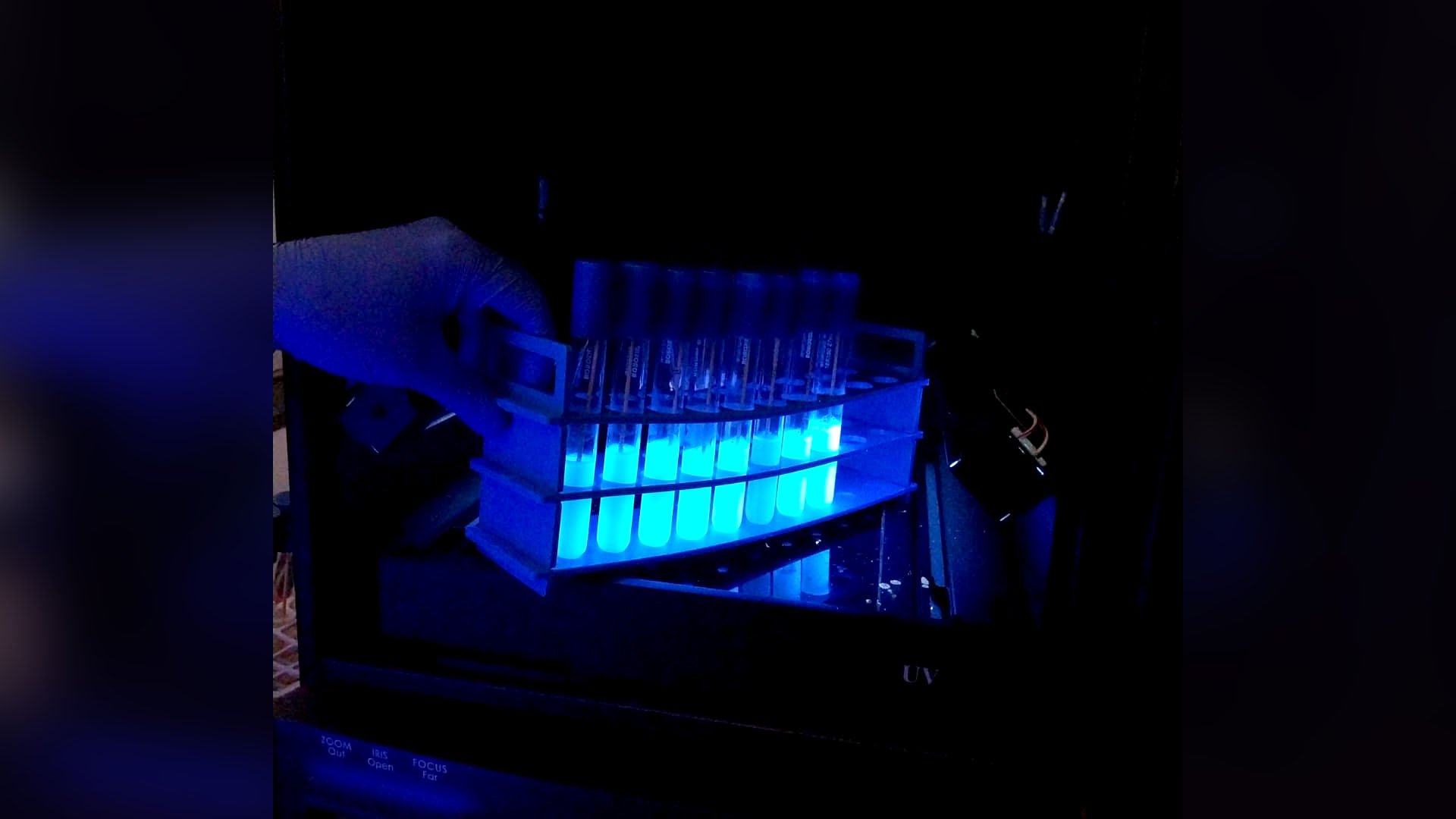
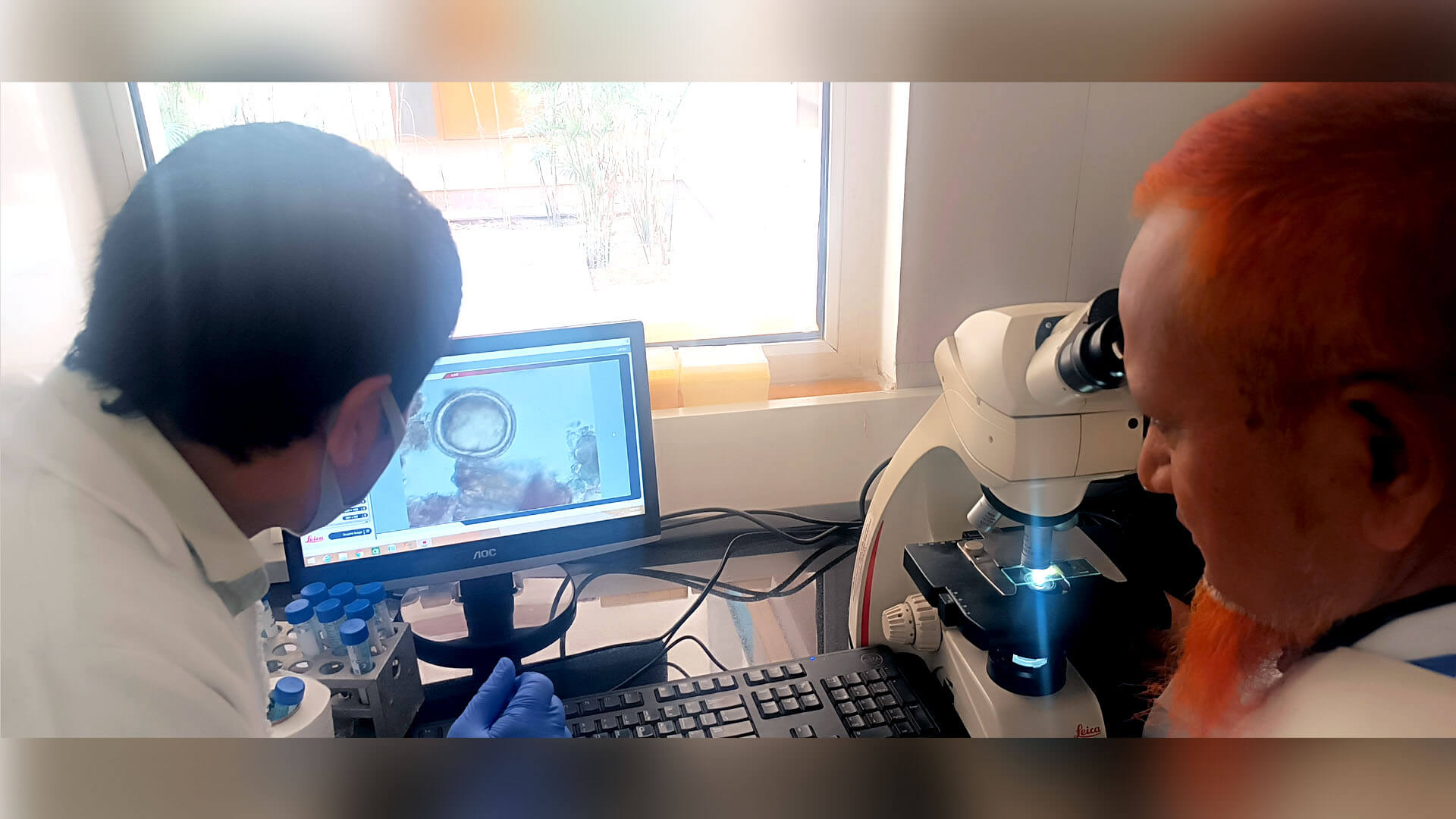
Dr Md Niamul Bari, a Professor of Civil Engineering at RUET and a participant, remarked, “The hands-on laboratory training provided participants with the knowledge and confidence to perform biosolid characterisation in their laboratories.” As EML is an ISO 9001-certified laboratory, this training will also assist participants in establishing laboratories that comply with ISO standards.
Azizur Rahman, a Research Officer, and Rafiqul Islam, a Research Fellow, represented ITN-BUET at the training. Azizur Rahman stated, “The training will enhance the knowledge of professionals working in FSM laboratories, helping them to better understand and utilize advanced equipment and implement good laboratory practices.” With the knowledge and skills acquired from the training, professionals from the Department of Public Health Engineering (DPHE) can now operate the ICP-OES (Inductively Coupled Plasma-Optical Emission Spectrometry) machine recently installed in their laboratory.



